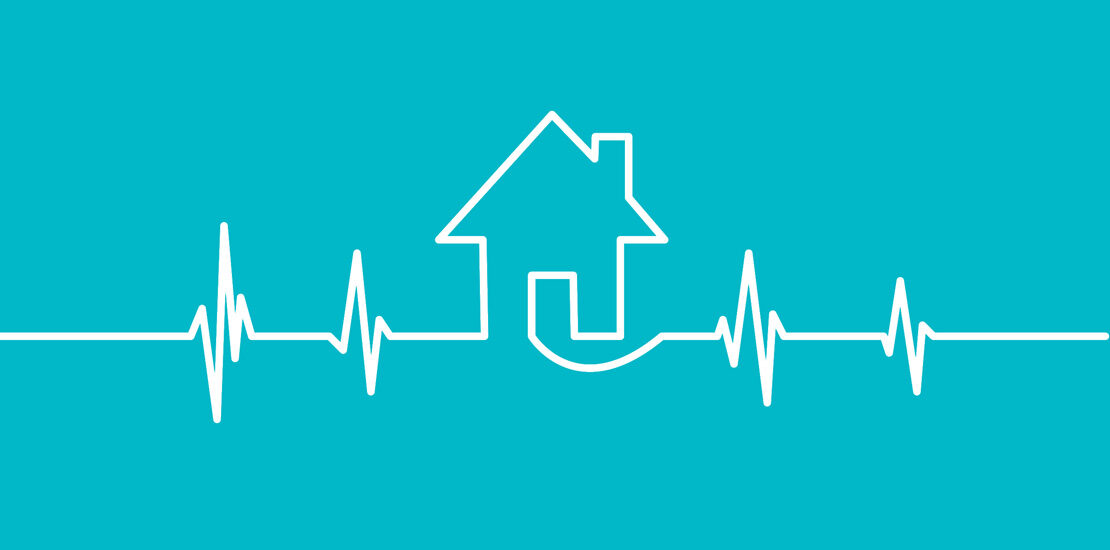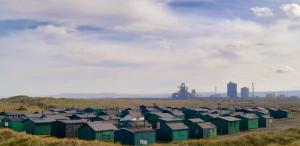The Connecting Homes for Health pilot project was delivered by fuel poverty charity National Energy Action, Northern Gas Networks and YES Energy Solutions. In what’s believed to be an industry first, it combined funding from the Fuel Poor Network Extension Scheme and Warm Home Discount Industry Initiatives to install free gas connections and central heating systems in over 100 properties in the North East of England whose residents were on low incomes and at risk of cold-related ill health. Residents also benefited from support and energy advice on how to use their new systems effectively, improve energy efficiency and reduce fuel bills.
Dr Jamie-Leigh Rosenburgh, who led the research on behalf of NEA said:
“It’s widely acknowledged that warm homes can save lives, but sadly there is still not enough being done to really address this. With the grim prospect of a second wave of Covid-19 this winter, it’s vital that we do everything we can to make homes warmer, safer and healthier. Thanks to Northern Gas Networks and Warm Home Discount Industry Initiatives funding we were able to bring warmth and comfort to more than 100 households. We hope that Health and Social Care agencies, Ofgem and others will learn from the research so projects like these can bring huge benefits to many more people.”
The research project tested and measured not only the impacts of the support on the health and wellbeing of vulnerable residents, but also aimed to understand the wider potential for incorporating health-based eligibility criteria into measures-based schemes. The results demonstrate clear and significant impacts. Before receiving help, more than 8 out of 10 participants felt that their health was affected by being unable to keep warm at home, which reduced to less than 1 out of 10 after intervention. They also reported improvements in how easy their new systems were to use, how affordable they found their energy bills and how well they could keep their homes warm.
One participant remarked:
“The scheme has just literally changed my life. The improvement in my health has changed my life.” Another said: “It’s been fantastic. It’s the best thing I ever got done, because if I hadn’t gotten it done, I’d be sitting here freezing now. I’d have no money in the bank and I would probably owe my energy supplier a fortune. It’s made my life a whole lot better.”
The study also demonstrates the wider potential of tackling health inequalities by combining funding in this way, and provides insights and recommendations on how future schemes could be shaped.
Mark Horsley, Chief Executive of Northern Gas Networks said:
“This research demonstrates the significant financial and health-related benefits that can be achieved by bringing vulnerable households onto the gas network and helping them to access both first time gas central heating measures and dedicated advice and support. It shows that the Fuel Poor Network Extension Scheme (FPNES), and associated activities, are important lifelines to bring affordable warmth to thousands of households each year.
NGN will continue to support and deliver vital assistance via FPNES through our next regulatory period and beyond, and will work with the Government, Ofgem and NEA to ensure the learning from this vital research helps NGN and our partners make homes healthy and warm both now and into the future.”



